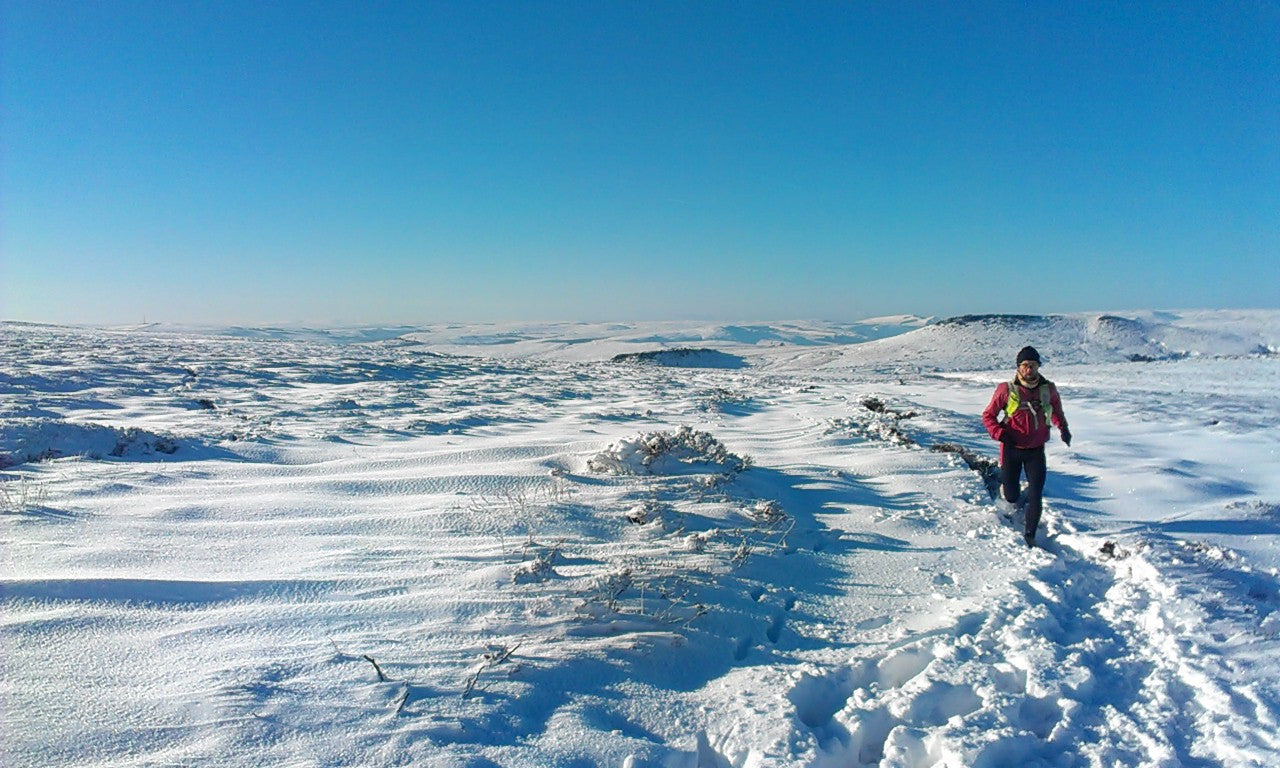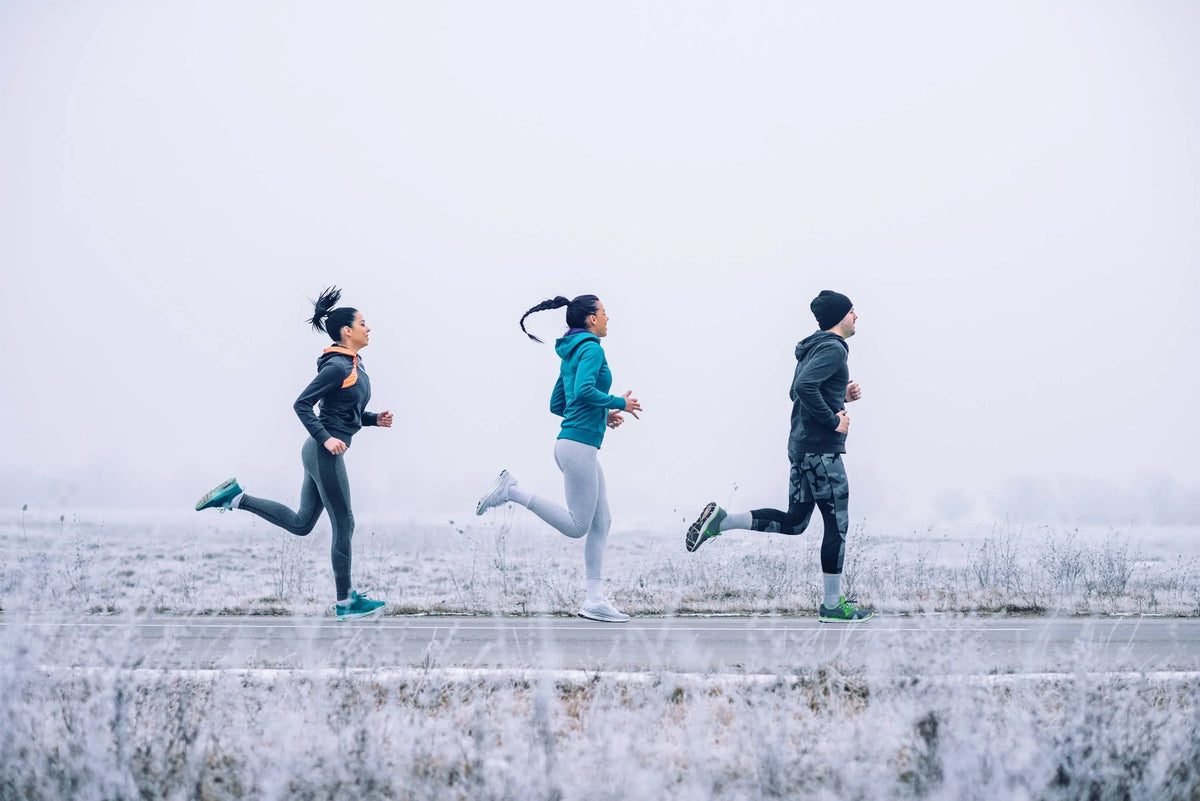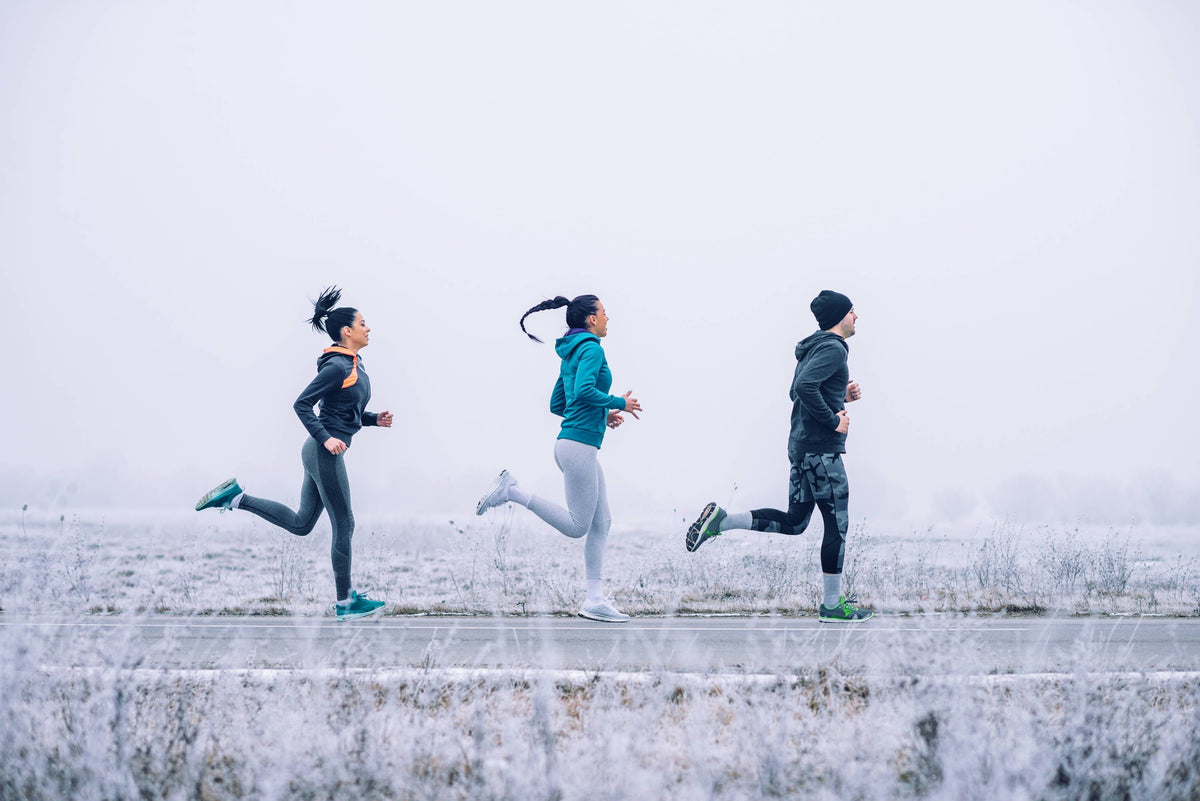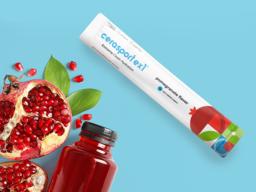With the warm summer months behind us, we are now faced with the cold days of winter. We no longer carry around cool drinks with us to stay hydrated but should we be? Ever wonder if hydration needs change during the winter months?
On any given day an average female needs about 11.5 cups of water total (that's 92 ounces), and men need slightly more at 16 cups (128 ounces). That may sound like a lot because you probably have heard the "eight servings of 8-ounces each" number over and over. The total amount of liquid you take in for a day is a combination of beverages you drink as well as food you eat. About 75-80% of your water intake should come from beverages while the other 15-20% comes from foods like fruit and vegetables that also contribute water.
Our hydration needs don't change much in the winter months. We certainly don't need any less and we likely don't need much more. In cold weather your body loses water the same way it does in warm weather, through sweating, breathing and urinating. It's obvious that the summer months are warmer so we may sweat more, but we also wear less clothing and have air-conditioning which cools us down when we heat up. In the winter months we usually wear extra layers of clothing and we sit in heated rooms which keeps our bodies slightly warmer throughout the entire day - whether we like it or not!
For those that exercise intensely, hydration needs do increase. Winter sports like skiing and snowboarding are equally as strenuous as summer activities and you have to increase your beverage intake if you partake in these. As I mentioned above, we also tend to wear layers of warm clothing when we exercise in the winter which causes our bodies to work hard (by sweating more) in order to cool you down.
We are all different and have different activity levels so the best real gauge of your own hydration status is your individual output. When you go to the bathroom, yellow urine means you need to drink more whereas clear or light yellow urine means you are well hydrated. Signs of dehydration are pretty easy to identify so long as you catch them quickly and don't let them turn into something more serious that could affect your ability to react appropriately and drink something. If you feel thirsty, have dry mouth, are light-headed, can't focus well, feel tired or notice your skin is dry, then you need to drink more water.
CREDIT: http://www.self.com/story/hydrating-in-the-winter





